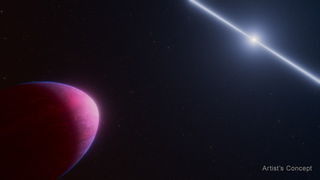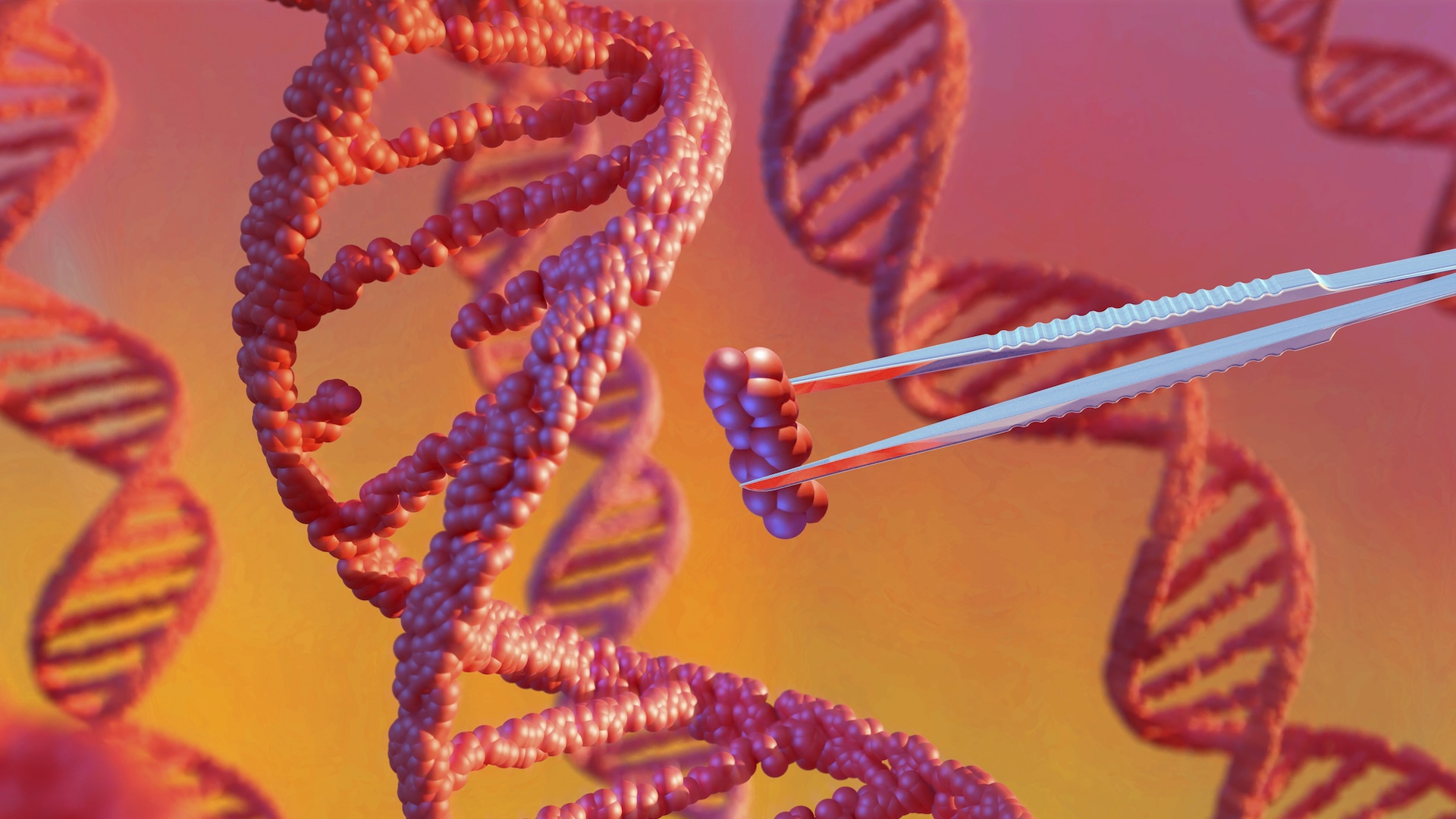Science News: Recent scientific discoveries and expert analysis
Read the latest science news and recent scientific discoveries on Live Science, where we've been reporting on groundbreaking advances for over 20 years. Our expert editors, writers and contributors are ready to guide you through today's most important breakthroughs in science with expert analysis, in-depth explainers and interesting articles, covering everything from space, technology, health, animals, planet Earth, and much more.

Explainers | Everything you need to know about the science news that matters.

Science Spotlight | Shining a light on new science transforming our world.
Latest news
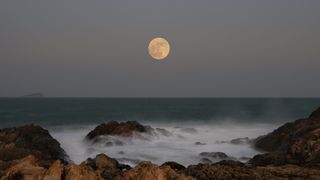
Full moons of 2026: When to see all 13 moons rise next year
By Jamie Carter published
When does the next full moon rise? Find out exactly when to see the full moons of 2026, including the full "Wolf Moon" supermoon in January.

From gene therapy breakthroughs to preventable disease outbreaks: The health trends that will shape 2026
By Nicoletta Lanese published
Opinion Live Science's health channel editor makes predictions about the medical breakthroughs and public health shifts to come in 2026.
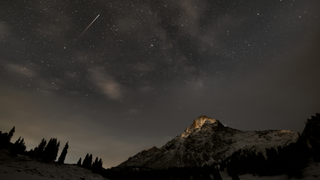
Quadrantid meteor shower peaks this week: How to see the first 'shooting' stars of the year
By Jamie Carter published
The Quadrantids will be harder to see than usual due to the bright full moon. Here's how to get the best views.
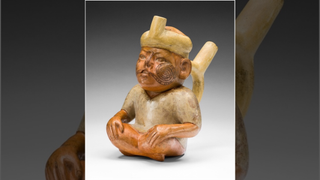
Centuries-old 'trophy head' from Peru reveals individual survived to adulthood despite disabling birth defect
By Aristos Georgiou published
A researcher has documented a cleft lip in an ancient mummified head from the Andes, a condition that may have been seen as a "blessing" rather than a disability.
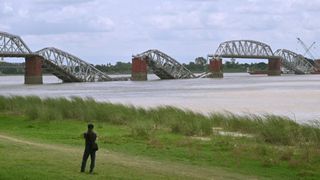
Massive Myanmar earthquake was super smooth and efficient — and it holds lessons for the 'Big One'
By Stephanie Pappas published
The fault that ruptured in the March quake was simple and mature, which allowed the quake's energy to shoot right to the surface.
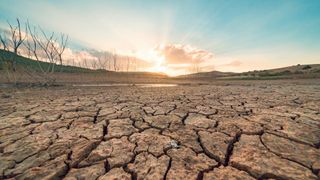
Enough fresh water is lost from continents each year to meet the needs of 280 million people. Here's how we can combat that.
By Sascha Pare published
Earth's continents are losing 4 Olympic swimming pools' worth of fresh water every second, with dire consequences for jobs, food security and water availability.
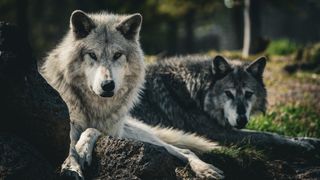
Did reintroducing Wolves to Yellowstone really cause an ecological cascade?
By Olivia Ferrari published
Previous research on the effect of wolves on the food web has been criticized, raising questions about the predator’s role in the Yellowstone ecosystem.
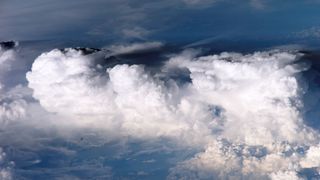
'Nobody knew why this was happening': Scientists race to understand baffling behavior of 'clumping clouds'
By Clare Watson, Knowable Magazine published
Scientists are discovering that clumping clouds supercharge storms in surprising ways — driving heavy, deadly rainfall and flooding

This new DNA storage system can fit 10 billion songs in a liter of liquid — but challenges remain for the unusual storage format
By Fiona Jackson published
The new storage system could hold family photos, cultural artifacts and the master versions of digital artworks, movies, manuscripts and music for thousands of years, scientists say.

A fentanyl vaccine enters human trials in 2026 — here's how it works
By Stephanie Pappas published
A vaccine in development would be the first proactive treatment for overdose and fentanyl addiction, if approved.

'Putting the servers in orbit is a stupid idea': Could data centers in space help avoid an AI energy crisis? Experts are torn.
By Carly Page published
Google’s proposal to explore space-based AI infrastructure raises fundamental questions about energy, physics and feasibility – and whether Earth has really run out of options.
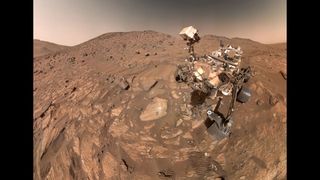
'Stop and re-check everything': Scientists discover 26 new bacterial species in NASA's cleanrooms
By Sharmila Kuthunur published
Scientists discover 26 new bacterial species in NASA cleanrooms, revealing surprisingly resilient microbes with potential uses in biotechnology and medicine.
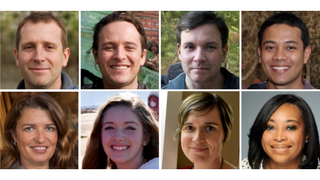
AI is getting better and better at generating faces — but you can train to spot the fakes
By Sophie Berdugo published
Even the most skilled face recognizers are duped by AI-generated faces, a new study finds. But they can improve with training.
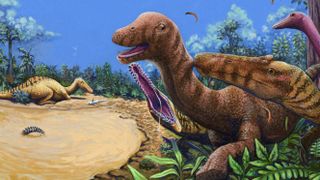
Spinosaurus relative longer than a pickup truck stalked Thailand's rivers 125 million years ago
By Patrick Pester published
A large fish-eating dinosaur died beside a river 125 million years ago in Cretaceous Thailand. Now, the remains of this ancient predator are helping researchers better understand Asia's enigmatic spinosaurids.

New electrochemical method splits water with electricity to produce hydrogen fuel — and cuts energy costs in the process
By Mason Wakley published
Scientists adapted a method that can produce double the amount of hydrogen when splitting water molecules with electricity.
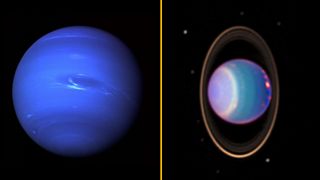
Uranus and Neptune may be 'rock giants,' not 'ice giants,' new model of their cores suggests
By Mason Wakley published
A new computational model suggests that Uranus' and Neptune's cores may be less icy than their "ice giant" nickname suggests.
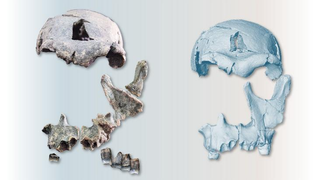
1.5 million-year-old Homo erectus face was just reconstructed — and its mix of old and new traits is complicating the picture of human evolution
By Skyler Ware published
A never-before-seen Homo erectus face reveals a complex picture of early human evolution.
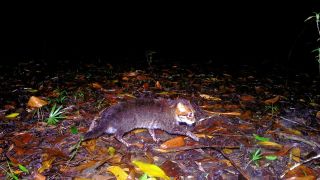
Flat-headed cat not seen in Thailand for almost 30 years is rediscovered
By Patrick Pester published
Conservationists are celebrating the rediscovery of flat-headed cats in Thailand after camera traps recorded the endangered feline for the first time in almost 30 years.
Get the world’s most fascinating discoveries delivered straight to your inbox.




